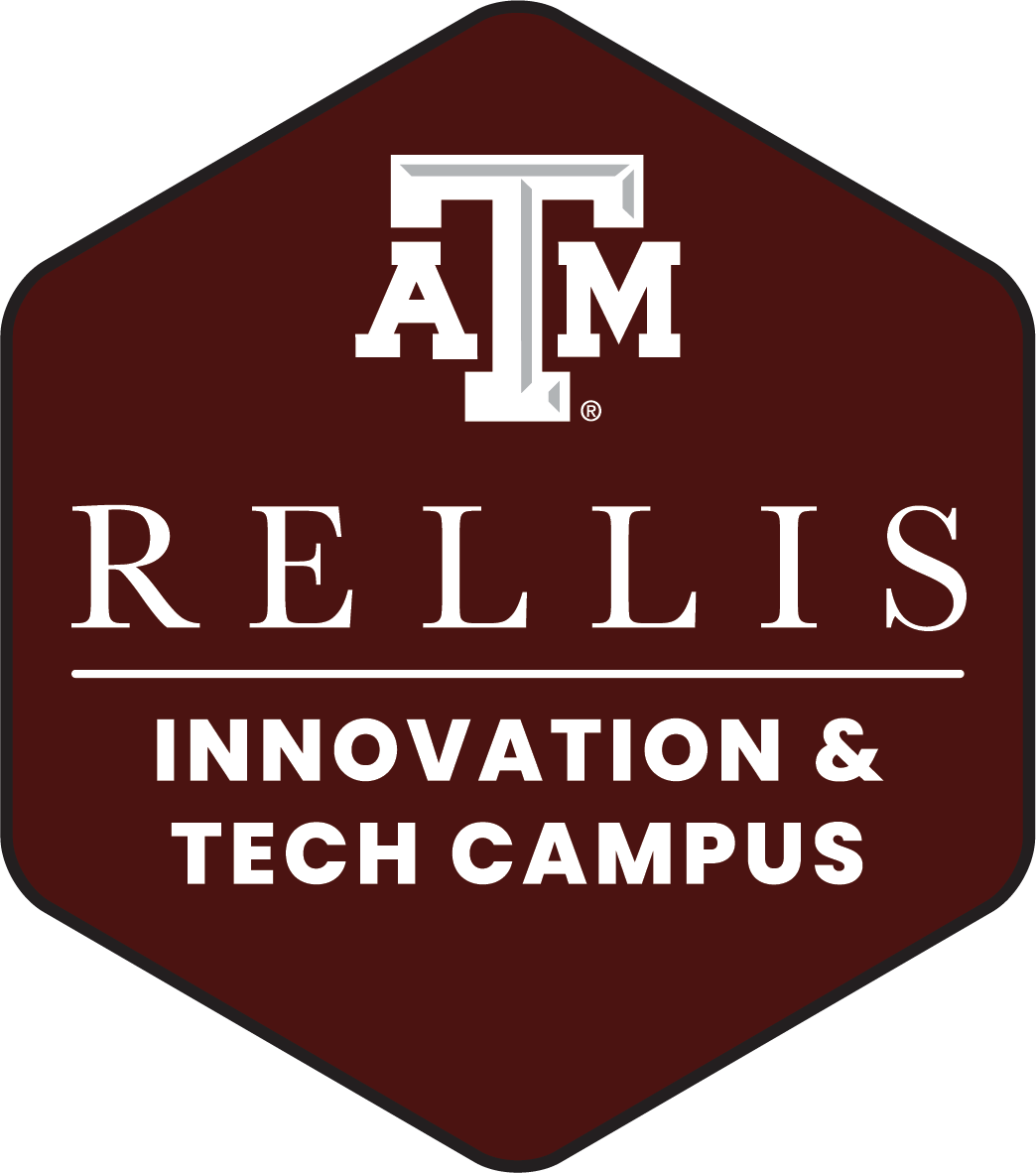CAMPUS MANAGEMENT
RELLIS Campus Procedures and Standards Library
Texas A&M – RELLIS Campus is governed by Texas A&M University System (TAMUS) policies and regulations (see TAMUS Policy and Regulation Library) and TAMUS Offices Rules.
The following procedures, standards and plans communicate the responsibilities and practices that guide the operations of the RELLIS Campus.
To understand their significance, these procedures, standards and plans should be read with their related TAMUS Policies and Regulations and TAMUS Offices Rules. See the “Related Statutes…” section near the bottom of each procedure or standard to find the related policy or regulation.
Procedures
- RP.1.1 RELLIS Naming Conventions
- RP.1.2 RELLIS Campus Contract Review and Approval
- RP.1.4 RELLIS Emergency Mass Notification Procedure
- RP.2.1 Service Centers Managed by RELLIS Campus Administration
- RP.3.1 RELLIS Standard Operating Procedure
- RP 4.1 RELLIS Planning and Design Review Board
- RP.5.1 RELLIS Other Weapons Authorization
Standards
- RS 1.5 Texas A&M – RELLIS Campus Closue Standard
- RS.3.1 RELLIS Explosive Material Storage
- RS.6.1. RELLIS Information Security
Plans
System Office Rules
The following TAMUS Offices Rules were explicitly updated for the particular conditions and environment of the RELLIS Campus.
Emergency Procedures
Medical Emergency
- Dial 911
Severe Weather
- Seek Shelter
- RELLIS has a lightening system that will sound when lightening is within proximity
Fire/HazMat
- Dial 911
- Evacuate to safe location
Personal Safety
- See something, Say something
- Dial 911
For additional information please consult the RELLIS Emergency Operations Plan.
RELLIS Alert
To download the RELLIS Alert mobile app or sign up for SMS text messages, access the link:
https://codemaroon.tamu.edu/RELLISAbout.aspx
If there is an active RELLIS Alert message, you may view it on the Emergency web page.
Overview
RELLIS Campus Information Technology (IT) delivers dependable infrastructure that amplifies educational and research opportunities in support of federal, state, and industry objectives. The IT team focuses on providing access to cutting-edge information, applications, and training while ensuring the security and integrity of campus resources.
Priority Lines of Effort
- Support for TAMUS Agencies and External Entities
Objective:
Comprehensive support is provided to TAMUS agencies, universities, and external entities, facilitating their onboarding into the RELLIS Campus communication architecture. The goal is to foster collaboration and synergy among stakeholders while ensuring seamless integration into the technological ecosystem.
Initiatives:- Stakeholder Collaboration: Engaging with TAMUS agencies, universities, and external entities to understand their unique needs and requirements.
- Integration Support: Assisting stakeholders in integrating into the RELLIS Campus communication architecture effectively.
- Collaborative Partnerships: Building strong relationships with external entities to promote innovation and collaboration.
- Integration and Management of Communication Architecture
Objective:
The primary goal is to seamlessly integrate and manage the campus communication architecture, which encompasses fiber optics, data management, Network as a Service, secure networks, and the management of a private NextGen Network (5G). This ensures efficient communication and collaboration while adhering to industry best practices.
Initiatives:- Infrastructure Management: Ensuring the efficient operation and maintenance of campus communication infrastructure.
- Network Optimization: Implementing advanced technologies to enhance network performance and reliability.
- Security Integration: Integrating robust security measures into the communication architecture to safeguard data and resources.
- Information Security Assurance
Objective:
Robust information security measures are prioritized to safeguard RELLIS Campus-managed access control programs. This encompasses cyber, logical, and physical security, ensuring compliance with cybersecurity frameworks (CMMC, FERPA, and TAC 202).
Initiatives:- Security Compliance: Ensuring adherence to cybersecurity frameworks and regulatory requirements.
- Threat Mitigation: Implementing proactive measures to detect, prevent, and respond to security threats.
- Security Awareness: Educating the campus community on best practices to maintain a secure IT environment.
- Development and Enforcement of Policies
Objective:
The RELLIS IT Team is committed to maintaining and enforcing programs, policies, and directives that uphold the security and integrity of campus resources. This includes updating policies to adapt to evolving threats and regulatory requirements.
Initiatives:- Policy Development: Creating and updating policies to address emerging cybersecurity challenges and regulatory changes.
- Policy Enforcement: Ensuring compliance with established policies and directives across the campus.
- Policy Review: Conducting regular reviews to assess the effectiveness of existing policies and identify areas for improvement.
For questions, contact the RELLIS IT helpdesk at helpdesk@rellis.tamus.edu.
Design Guidelines
The RELLIS Campus Facility Design Guidelines provide guidance during the design and construction process for The Texas A&M University System Capital Projects and Public Private Partnerships (P3).
Office Space
The RELLIS Campus Administration has office space for leasing to our federal, state, and industry partners.

